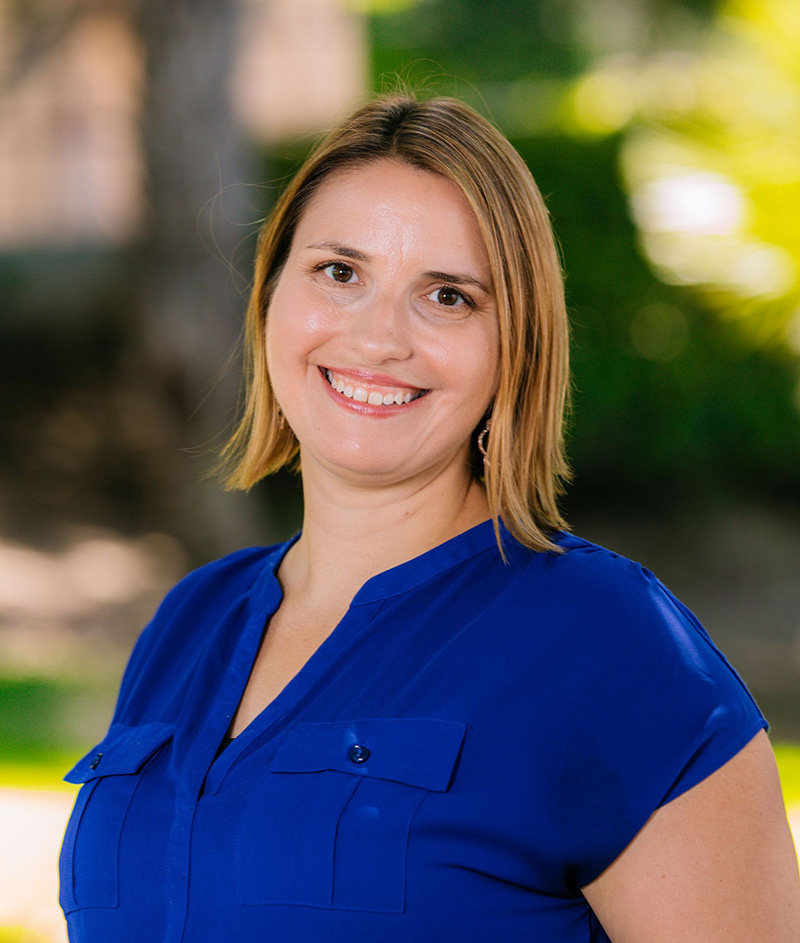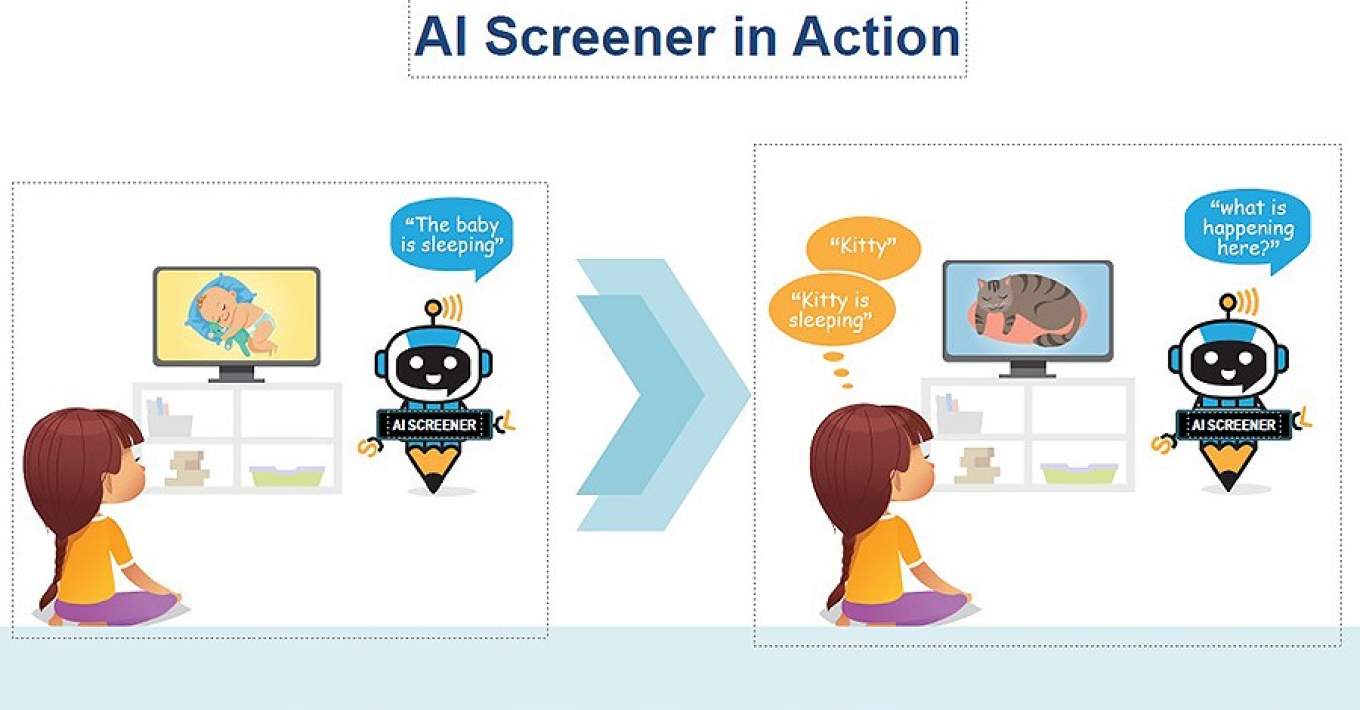Leah Pistorius
January 11, 2023
Julie Kientz, Professor and Chair in the Department of Human Centered Design & Engineering, is the University of Washington lead on a new multi-campus institute that will create artificial intelligence technologies for children with speech and language processing challenges.

HCDE Professor & Chair Julie Kientz
Millions of children nationwide are identified under the Individuals with Disabilities Education Act as requiring speech and language services. However, a nationwide shortage of speech-language pathologists leaves these children at risk of falling behind in academic and socioemotional development.
A new $20 million grant from the National Science Foundation to the University at Buffalo is helping to establish the new AI Institute for Exceptional Education, aimed at closing educational gaps and creating inclusive learning environments for children. The Institute will work to create advanced artificial intelligence systems that support earlier diagnoses of speech and language processing challenges and allow for customized educational interventions.
The multi-campus initiative includes scholars from nine universities, including the University at Buffalo, the University of Washington, the University of Illinois, the University of Nevada at Reno, and Stanford. Venu Govindaraju, SUNY Distinguished Professor in the Department of Computer Science and Engineering, School of Engineering and Applied Sciences, is the grant’s Principal Investigator.
The researchers will work specifically on two new AI projects: a screener for early identification of potential speech and/or language impairments and disorders, and an AI teaching assistant to provide students with ability-based interventions.

The AI screener collects samples of children’s speech, facial expressions, gestures, and other data, creating weekly summaries of these interactions. These summaries will help teachers monitor their students’ speech and language processing abilities and, if needed, suggest a formal evaluation with a speech-language pathologist. University at Buffalo.
HCDE Professor Julie Kientz is an expert in designing new technologies for children and families from a human-centered perspective. She has worked with parents of young children monitoring developmental progress, families managing screen time and remote learning, adolescents managing stress, and inclusive education teachers and therapists working with neurodiverse children.
"I’m really excited about the opportunity to think deeply about designing novel AI technology advances that can be used to support and expand the reach of speech and language pathologists in identifying kids who need extra support, and then using AI to help tailor those supports in a way that work well for the students and their unique needs and contexts."
Collaborating with Kientz at UW is Mari Ostendorf, a Professor in the Department of Electrical & Computer Engineering and an expert on speech and language processing and its applications in education.
Read more about this initiative in the University at Buffalo news release.